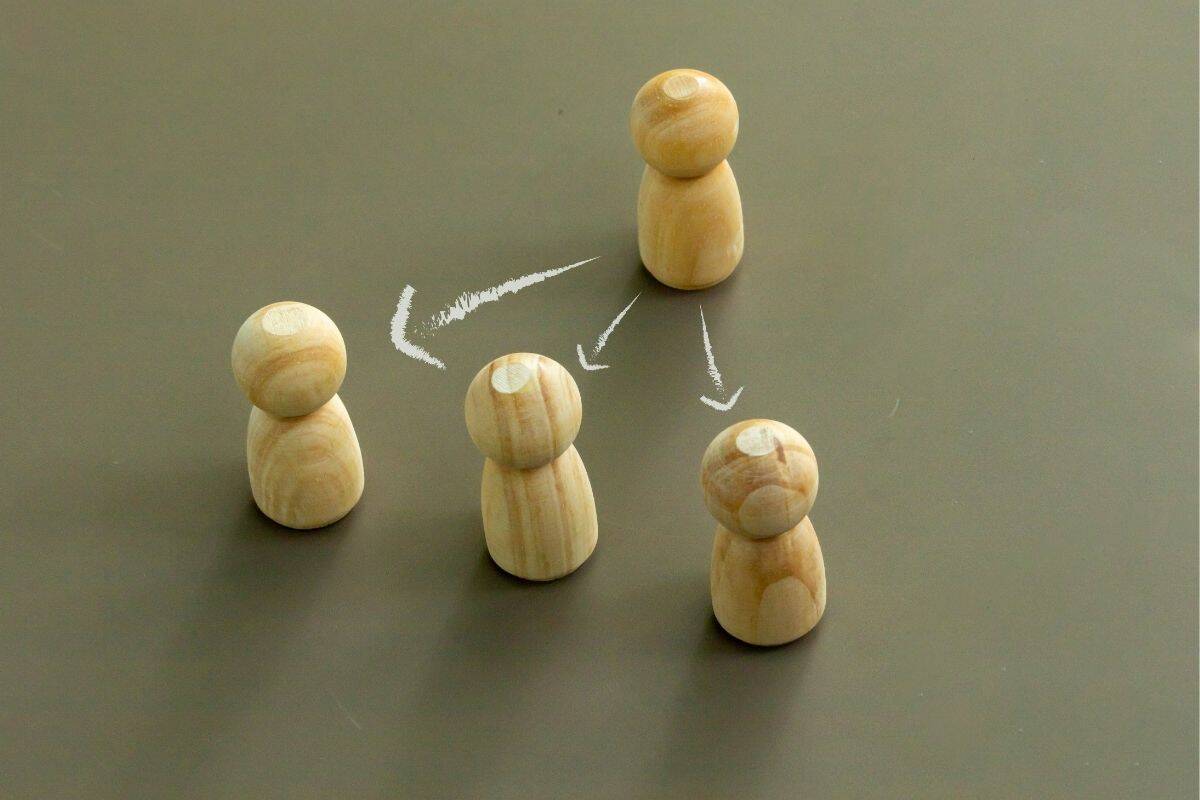It is 6:30. You get up and plan to have a productive day. You look at your email inbox. You were supposed to look for just 10 minutes, and then you realize that it is 7:30. The children leave for school, you are in a hurry, and you completely forget your priorities for the day. You are in emergency mode. You do a thousand things all day, and at the end of the day you feel exhausted but haven’t accomplished what you were supposed to. You have too many things to do.
Read Also

Executive decisions: what and when to delegate on the farm
Consider the end state you’re working to achieve on your farm when deciding what tasks to delegate, when to do so and on whom, farm management advisors recommend.
As a leader and an entrepreneur, what can you do to achieve more and to be more efficient?
We have never had so many tools, methods, and techniques and so much information available to help us be more productive. However, our lives as leaders are complicated. We become overwhelmed by the number of decisions, opportunities and choices.
This abundance leads to reduced productivity and satisfaction as well as to increased stress and chaos. If we could cut down, would we be more productive?
The answer from Leo Babauta in his bestseller The Power of Less, is straightforward… We would be more productive “and happier.”
So yes, we should simplify our lives. But how?
It sounds simple, right? We should identify what’s essential, and then eliminate the rest.
But is that really so simple?
According to GE CEO Jeff Immelt, the role of a leader is to, “simplify constantly.” He thinks that if a leader cannot explain the top three things the organization is working on, they are not leading very well. Can you name — and do your employees know — the three most important projects that you’re working on? If not, simplify and prioritize.
As a coach, I ask a team, “What are your priorities, and what are your most important projects for the next months or the next year?” If everyone seems confused, I know we have work to do.
In a 2010 survey, IBM’s Institute for Business Value identified one of the most important challenges as “the rapid escalation of complexity,” with 80 per cent predicting even more complexity in the future, so we can assume that a leader will increasingly need to develop the ability to simplify in the future.
We all have limits. As human beings, we can consume, digest, understand, read, do, choose, and appreciate only so many things. When we exceed this limit, we lose ourselves.
Paradoxically, having limitations increases our freedom. It forces us to make choices. Having “less” and learning to set limits reduces stress and anxiety and increases productivity and satisfaction.
What can we limit? Consider:
- The number of suppliers and products we use
- Equipment and tools
- Subscriptions
- Meetings and associations
- Responsibilities
- Information received
- Clothing, trinkets, and toys
- Children’s activities
- The number of daily tasks to accomplish
- Time spent on the telephone, Facebook, and texting
- The number of future projects
- Emails and websites visited
- The number of hours that we work
- The number of projects that we work on
- Priorities… When we have too many priorities, we have no priorities.
In fact, each category of activity may be re-thought by setting limits on it.
How? Select the situations with the most impact. One way to do so is to make the selection using one or more criteria, such as:
- What gives you the most satisfaction in your life?
- What will be the most profitable in the long term?
- What brings you long-term recognition?
- What has the most positive impact on your family, peers, or company?
- What aligns with your values?
- What are the most useful?
- What will you still find relevant in 20 years?
Or, to start, ask yourself which part of your life is overburdened.
- Ask yourself what should be simplified first
- Choose an area, and set a limit
- Continue with another area, and note the benefits.
Why? Simplifying your life has several advantages:
- It reduces stress
- It enables you to focus on ways to avoid spreading yourself too thin
- It increases effectiveness
- It increases satisfaction
- It leaves time for what is truly important.
We do not have enough time, energy, and room for everything, so we have to set limits for ourselves. Then we will be freer. However, as Doris Janzen Longacre has said, “The trouble with simple living is that, though it can be joyful, rich, and creative, it isn’t simple.”















